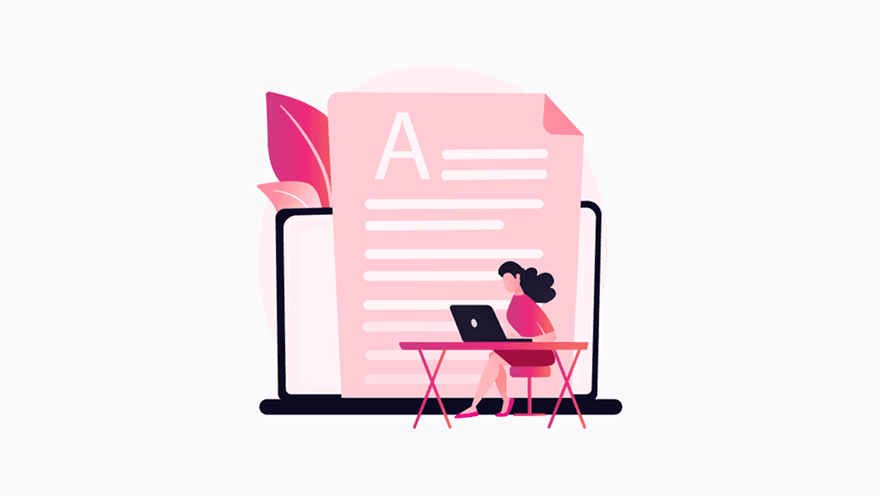If you enjoy science and wish to work towards developing the field, then becoming a Scientist might be the right career choice for you. A scientist needs to be very well educated. Hence, it is best to prepare immediately after school. The first step is choosing science in 11th and 12th grade. You could specialise in either PCM or PCB or PCMB. Maths is important because research deals with statistics.
To become a scientist, here are the skills you need:
- Good communication skills: You will need to be able to write and present your ideas well. This will help you receive grants and publish your research work.
- To be curious: It will be your curiosity that will raise questions and help you answer them.
- Education: While education isn't all of it, you must have information about the subject you are researching on. You will have to read scientific journals/studies and stay updated.
- A mentor: Research isn't a one-man's game. Find a mentor in the same field to guide and help you on your journey.
Here's what you need to know to become a scientist in India:
- Have a clear idea of the field you want to pursue.
- Opt for a bachelor's degree keeping in mind various options like Maths, Physics, Biology, Astronomy, Social Sciences, Geology and more. You can even opt for B.Tech, B.Sc, B.Pharma and other professional courses.
- For added advantage, after your Bachelor's, go ahead and do your Master's, and then get a PhD.
To become a scientist, the basic eligibility is as follows:
-
A bachelor's degree from a reputed college.
-
Graduation in the field of science.
-
A minimum score of 60% in their Bachelor's graduation.
-
A minimum score of 65% if it's a Master's degree.
Due to the advancement in science and technology, the demand for scientists is high. A lot of government and private institutions hire scientists. Here are some of the most popular organisations that offer jobs to scientists:
-
Aryabhatta Research Institute of Observational Sciences (ARIES)
-
Bhabha Atomic Research Centre (BARC)
-
Council of Scientific & Industrial Research (CSIR)
-
Defence Research and Development Organization (DRDO)
-
Indian Association for Cultivation of Science (IACS)
-
Indian Council of Agricultural Research (ICAR)
-
Indian Institute of Tropical Meteorology (IITM)
-
Indian Space Research Organization (ISRO)
-
Tata Institute of Fundamental Research (TIFR)
Here are the types of career options as a scientist as well as their average salary:
-
Astronomer (INR 6,00,000 -- 8,00,000): studies planets, stars, and other celestial bodies.
-
Agronomist (INR 1,00,773): studies the science of soil management and crop production.
-
Botanist (INR 2,47,301): Studies plants scientifically.
-
Epidemiologist(INR 1,52,051): Study diseases.
-
Microbiologists (INR 1,32,819): Study microorganisms.
-
Geologist (INR 2,31,402): Study the earth: its history, nature, materials and processes
-
Meteorologist (INR 1,20,000): Study the earth's atmosphere and its effects on the planet.
-
Marine Biologist (INR 99,550): Studies ocean and ocean life.
-
Palaeontologist (INR 2,00,000): Studies the history of life on earth through fossils.
-
Seismologist (INR 7,39,000): Seismologists study, record and analyse data from the thousands of earthquakes.Does becoming a Scientist as a career sound interesting? To find out if you are a good fit, take the career test at Glow & Lovely Careers (formerly known as Fair & Lovely Career Foundation). You can also try mock tests to help you improve your 12th-grade marks. Check out internships to strengthen your career here.
All the best!

